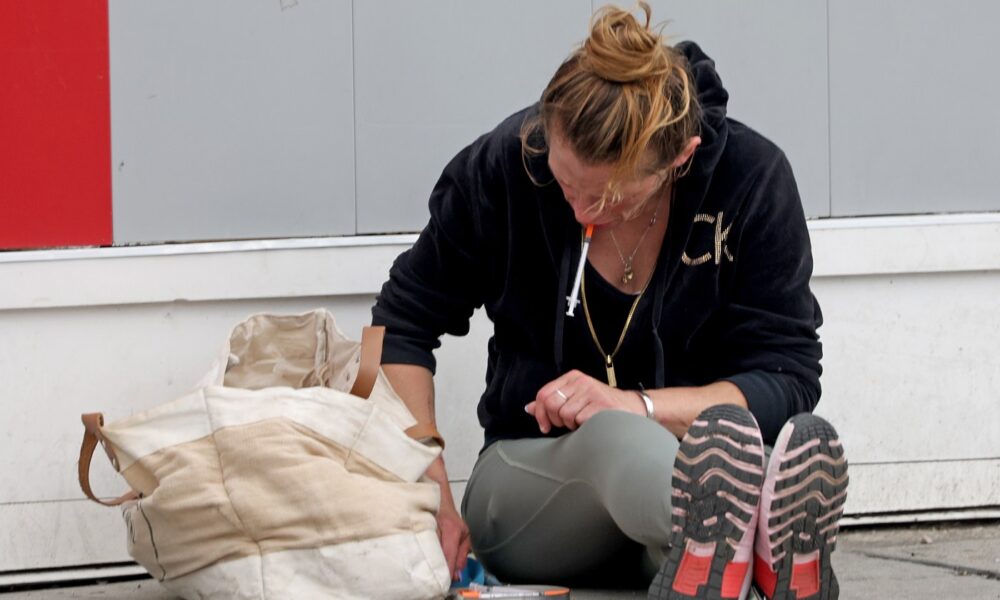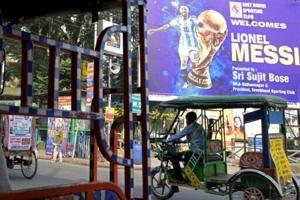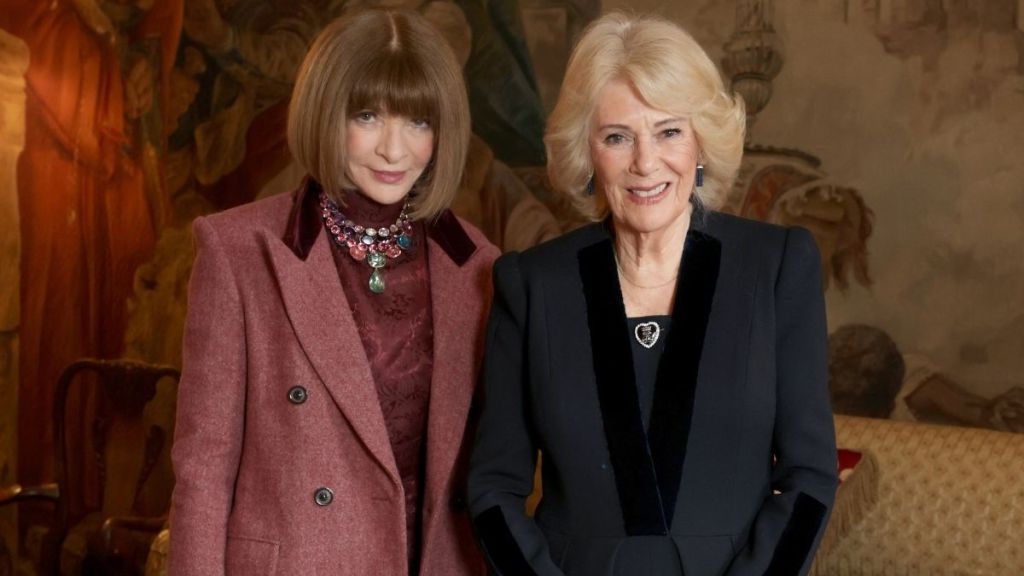Businesses in Boston are facing significant challenges due to escalating shoplifting incidents linked to the drug crisis at the intersection of Massachusetts Avenue and Melnea Cass Boulevard. Local residents and retailers assert that these thefts are not only jeopardizing their livelihoods but also creating an unsafe environment for both employees and customers. Reports indicate that individuals attempting to steal are increasingly threatening others with needles, which may contain dangerous substances like fentanyl.
Randi Lathrop, a community leader and business owner, spoke at a recent City Council hearing, emphasizing the urgency of the situation. “The CVS near Boston City Hospital closed because customers and employees faced threats,” Lathrop stated. “People were coming in during the day and demanding purses and wallets under the threat of violence.” Her remarks highlight a growing concern among small business owners about the impact of open drug use and theft in the area.
Impact on Businesses and Residents
The challenges of shoplifting are further compounded by a significant increase in crime related to drug addiction. According to Brian McCarter, a South End resident, shoplifting has become a means for drug users to sustain their habits. “Goods get traded for drugs on the sidewalks around the greater Mass and Cass area,” he said. “The impact on the community has been that we’ve lost stores.” McCarter noted that residents are left with limited shopping options, forcing them to rely on delivery services, which bring their own set of issues, such as traffic congestion.
Lathrop also pointed out the presence of what she referred to as “professional shoplifters” who target stores daily as part of an underground resale network. “They’re so good at what they do,” she remarked. “They wake up every day wanting to shoplift.” With the felony threshold for larceny raised to $1,200 in 2018, offenders often face minimal consequences, further emboldening such criminal activities.
The recent hearing was initiated by Councilor Ed Flynn to address the growing concern surrounding retail theft and its repercussions for small businesses and residents. Flynn reiterated that retail theft not only leads to lost merchandise but also contributes to higher prices for consumers. “We’ve had issues for years, maybe decades, due to the impact of the opioid crisis,” he noted, pointing out that many retailers have had to take measures such as locking up items to prevent theft.
Statistics and Initiatives
According to data from the Boston Police Department, shoplifting incidents rose by 15% in Boston as of July 2024 compared to the previous year. Moreover, retail theft has surged 55% between the first half of 2024 and the same period in 2019, as reported by the Council for Criminal Justice. The Retailers Association of Massachusetts estimates that shoplifting costs the state’s retailers between $1.5 billion and $2 billion annually.
In response to the growing issue, the city has launched the “Safe Shopping Initiative,” a collaboration between the Suffolk District Attorney’s Office and the Boston Police Department, which aims to target repeat offenders and those who engage in violence during thefts. Paul McLaughlin, superintendent and chief of the Bureau of Investigative Services at the Boston Police Department, emphasized that the initiative is not solely focused on arrests. “It is important to stress that this is not a plan to arrest our way out of the problem,” he stated. “Officer discretion remains on the table to address issues such as poverty, homelessness, and drug addiction.”
Despite the dire situation in some neighborhoods, Michael Nichols, president of the Downtown Boston Alliance, offered a more optimistic view of the city’s core. He noted improvements in the business climate downtown, citing a decrease in vacant storefronts from 110 three years ago to between 60 and 65 today. “Retailers are having more confidence in being in our downtown than they did before,” Nichols remarked, acknowledging the positive impact of the Safe Shopping Initiative.
As Boston grapples with the challenges posed by shoplifting and drug addiction, community leaders and business owners continue to advocate for effective measures to restore safety and security in their neighborhoods. The ongoing dialogue at the City Council level indicates a recognition of the complexity of the issues at hand and a commitment to finding solutions that address both crime and its underlying causes.







